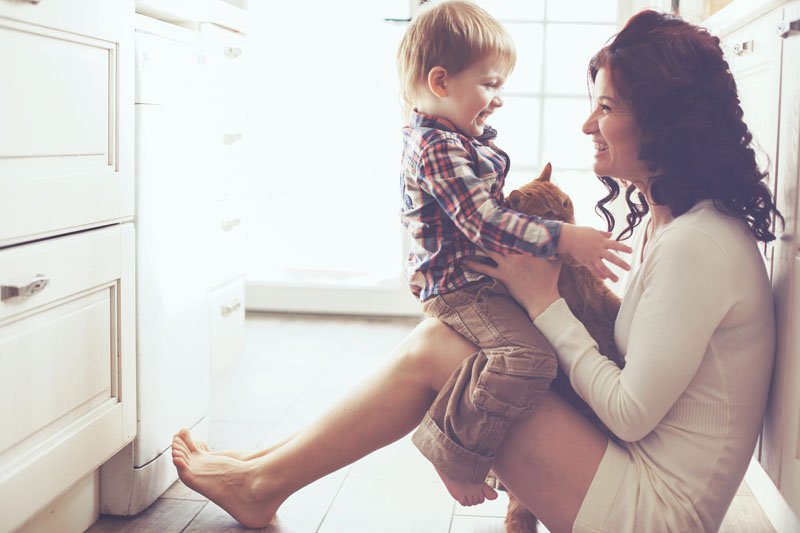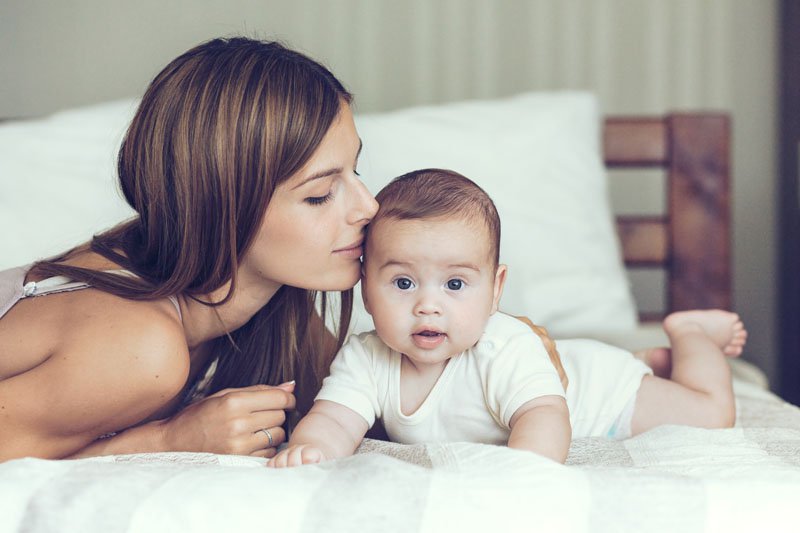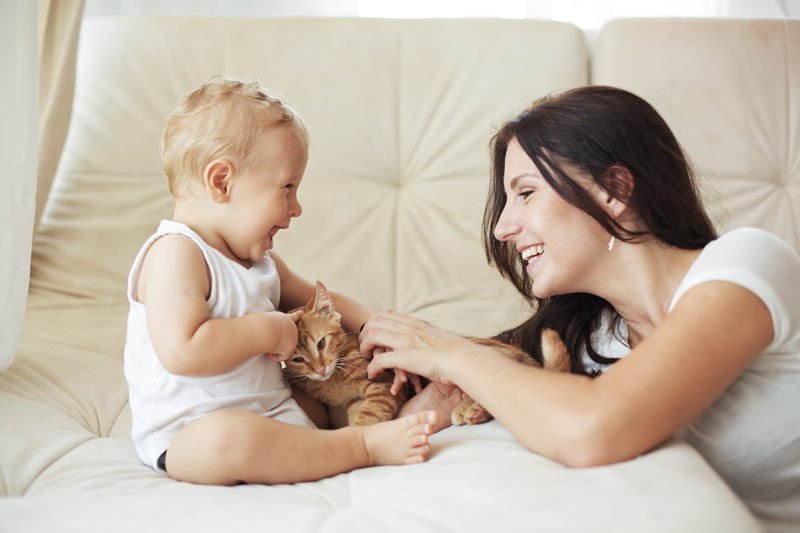MINDME.IE TIPS TO HELP YOU BABYPROOF YOUR HOME

TIPS TO HELP YOU BABYPROOF YOUR HOMEBack to Top
When was the last time you crawled around your home on your hands and knees? As strange as it sounds, give it a go.
Babyproofing Your Home: NurseryBack to Top
You shouldn't wait until your child starts crawling to think about babyproofing your home. Chances are, he'll become mobile almost overnight, and you will be caught unprepared. The trick to adequate babyproofing is not to assume that your infant sees everything the same way you do. He's operating on an entirely different level-floor level. To really take stock of your home's dangers, then, you've got to take a crawling tour. Here's a rundown of the more common household hazards and how to remove them from your infant's path.

BathBack to Top
Never leave your baby unattended in the bath, even for a minute. She can drown in as little as an inch of water. To prevent scalding, set check the water temperature and never position your baby within reach of the faucet. Cover the faucet head with a specially made soft cover, and put down non slip strips to help prevent your child from slipping.
CabinetsBack to Top
Babies can create havoc and get into danger by exploring cabinets, especially those in the kitchen and bathroom. Move all potentially poisonous substances and sharp objects into locked cabinets. Even better, purchase childproof safety latches for all the cabinets in your home-regardless of what they contain.

Cribs/CotsBack to Top
As soon as your baby starts trying to pull himself up, move the crib mattress to its lowest position and remove all objects (including mobiles, crib toys, bumper pads) that he could climb up on to get out of the crib.
Curtain and blind cordsBack to Top
These pose a strangulation hazard, since babies can become entangled in them. Tie them up and out of your baby's reach.
DrawersBack to Top
Keep them closed so your baby can't reach up and pull them out on top of herself.
Electrical cordsBack to Top
Infants can chew on cords and wires or pull on them, bringing down lamps or other heavy objects on their heads. Move all cords well out of your child's reach.
EntertainingBack to Top
After parties, immediately empty ashtrays and glasses-leftover cigarettes and alcoholic beverages can be toxic.
FlooringBack to Top
Make sure area rugs are secured with non-skid backing, and repair loose tiles, linoleum, and carpeting to prevent tripping.
FurnitureBack to Top
Unstable wall units, dressers, bookcases, or tables can topple over on babies who try to climb up on them. Have wobbly furniture repaired, or bolt questionable pieces to the wall.
How to Prevent AccidentsBack to Top
Rubbish Bins.Bins containing refuse, especially those in the kitchen, tantalize infants but are filled with potential hazards, from sharp can lids to chicken bones to plastic bags. Keep garbage inside a latched cabinet or on a high counter, or use a bin that has a secure locking mechanism.
HouseplantsBack to Top
Some are poisonous; if placed on the floor or a low table, they can topple onto a curious baby who pulls at the leaves. Keep them out of reach-for instance, by suspending them from the ceiling via plant hangers.
KnickknacksBack to Top
Small curios are choking hazards; heavy ones can be pulled and fall onto a baby. Place them out of his reach on a mantel or high bookshelf.
Pet suppliesBack to Top
Move dog and cat food dishes off the floor and out of reach of your crawling child when they're not in use. And when your pet is eating, move your baby to another area of the house, lest she decide to join her pal for dinner. Also, find a place for cat litter that's inaccessible to your child, and position aquariums well out of reach and on a sturdy structure that a curious climber won't topple.
Small appliancesBack to Top
Never position your baby's highchair within reach of kitchen appliances or their electrical cords. In the bathroom, unplug and put away hair dryers, electric razors, and curling irons. Even when turned off, appliances can electrocute if still plugged in.
Sharp-edged tablesBack to Top
Babies can bang into the pointed corners of coffee tables, end tables, and dressers. Cover these edges with cushioned strips or padded guards to protect your crawler.
StairsBack to Top
Prevent your baby from tumbling down stairs by fastening gates with vertical slats or plastic meshwork-not the old accordion-style gates-at the top and bottom of the staircase. To give an older baby steps on which to practice climbing, attach the bottom gate three steps up from the floor.
StovesBack to Top
Cook only on the back burners, since pots placed on the front burners-and their scalding contents-can tip over onto an unsuspecting child. Buy knob covers or remove stove knobs when not in use, and add a stove guard to keep liquids from spattering. Heat or flames: in the kitchen or living room with open fires or stoves
TableclothsBack to Top
Babies like to yank on tablecloths, pulling down breakable dishes, glasses, and sharp knives. Use place mats instead.
ToiletsBack to Top
Infants are intrigued by toilets, but a curious peek could cause them to topple in headfirst. Buy a toilet lock that will prevent your child from opening the lid when his curiosity takes hold.
WindowsBack to Top
Babies can climb on furniture and tumble through open windows (even
with
screens in place). After watching Mom or Dad, they may even open windows themselves.
Install
window guards or secure windows so they can't be opened more than three inches. Move
all
potential "climbing" furniture away from windows.
Babyproofing your home isn't enough, however-you also need to practice constant
vigilance to
keep your little one safe. Never leave your baby alone for even a minute unless he
is in his
crib or playpen. Be extra alert in the kitchen and bathroom, which are prime places
for
accidents. You might consider installing a latch high on the outside door of the
bathroom-which contains many dangerous and tempting items, such as cosmetics, hair
spray,
nail polish, and medicine-so it can be kept locked when not in use. Be extra
watchful during
stressful times of day, like dinnertime, when accidents are more common. Keep
emergency
numbers, including that of your local poison control centre, posted near the
telephone in a
visible spot. Once you start being sensitive to all the hazards in the home, you'll
notice
things you've probably not thought of before. For example, it's important not to
leave
buckets of water around, even with small amounts of water in them. In addition,
don't use
pillows, comforters, or other soft bedding in the crib.
Once you've made your home safe, and made yourself aware of the risks to your child,
it's
important to just relax and let your little one explore. Only by being given the
freedom to
investigate his surroundings can your baby truly learn and grow.
All content here should be considered as opinion only



